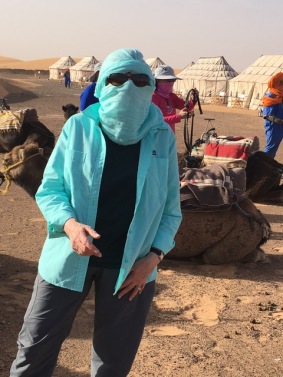
Thank you to the 97 authors from 28 states and 9 countries who participated in our HOW TO Poetry and Prose Series, which ran from February 17 to April 18, 2021. We learned so much along the way! It was a great two-month journey! Many thanks to…
Lisa Alletson
Kathryn Almy
Paige L. Austin
Jaya Avendel
Janet Banks
Jane Baston
Laurel Benjamin
Nina Bennett
Robert Bensen
Penny Blackburn
Shelly Blankman
Mark Blickley
Rose Mary Boehm
Steve Bogdaniec
Elya Braden
Steven Bridenbaugh
Ranney Campbell
Jan Chronister
Tricia Marcella Cimera
Sara Clancy
Joe Cottonwood
Barbara Crary
Barbara Crooker
Jonathan Croose
Howard Richard Debs
Rafaella Del Bourgo
Julie A. Dickson
Dakota Donovan
Elizabeth Dunford
Barbara Eknoian
Scott Ferry
Jennifer Finstrom
Yvette Viets Flaten
Sue Mayfield Geiger
Ken Gierke
Laura Glenn
Catherine Gonick
Vince Gotera
Tina Hacker
Oz Hardwick
Stephanie L. Harper
Penny Harter
Jennifer Hernandez
Stephen Howarth
Mathias Jansson
Paul Jones
Allison B. Kelly
Lynne Kemen
Tricia Knoll
Paula J. Lambert
Joan Leotta
Anne Namatsi Lutomia
Marjorie Maddox
Mohini Malhotra
Shahé Mankerian
Betsy Mars
Carolyn Martin
Lindsey Martin-Bowen
Mary McCarthy
Fokkina McDonnell
Beth McDonough
Joan McNerney
Ed Meek
Lawrence Miles
Michael Minassian
Penelope Moffet
Lisa Molina
Leah Mueller
Lowell Murphree
Lylanne Musselman
Lillian Nećakov
Robbi Nester
Maria Nestorides
Cristina M. R. Norcross
Suzanne O’Connell
Robert Okaji
Jay Passer
Jon Pearson
Sara Lynne Puotinen
Patrick T. Reardon
Jeannie E. Roberts
Kerfe Roig
Dorothy O Rombo
Ed Ruzicka
Sheikha A.
Julia Klatt Singer
Massimo Soranzio
Carol A. Stephen
JC Sulzenko
Rebecca Surmont
Alarie Tennille
Richard Vargas
Julene Waffle
Sheila Wellehan
Kelley White
Graham Wood
Jonathan Yungkans
Photo by Chernetskaya, used by permission.




















